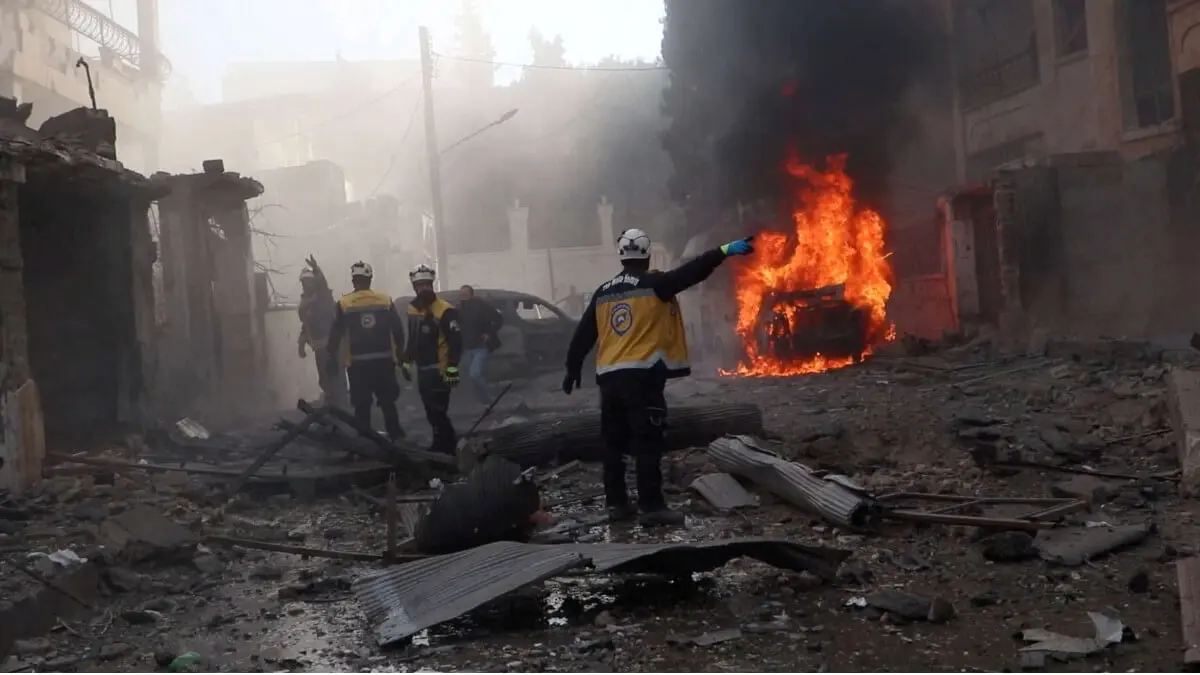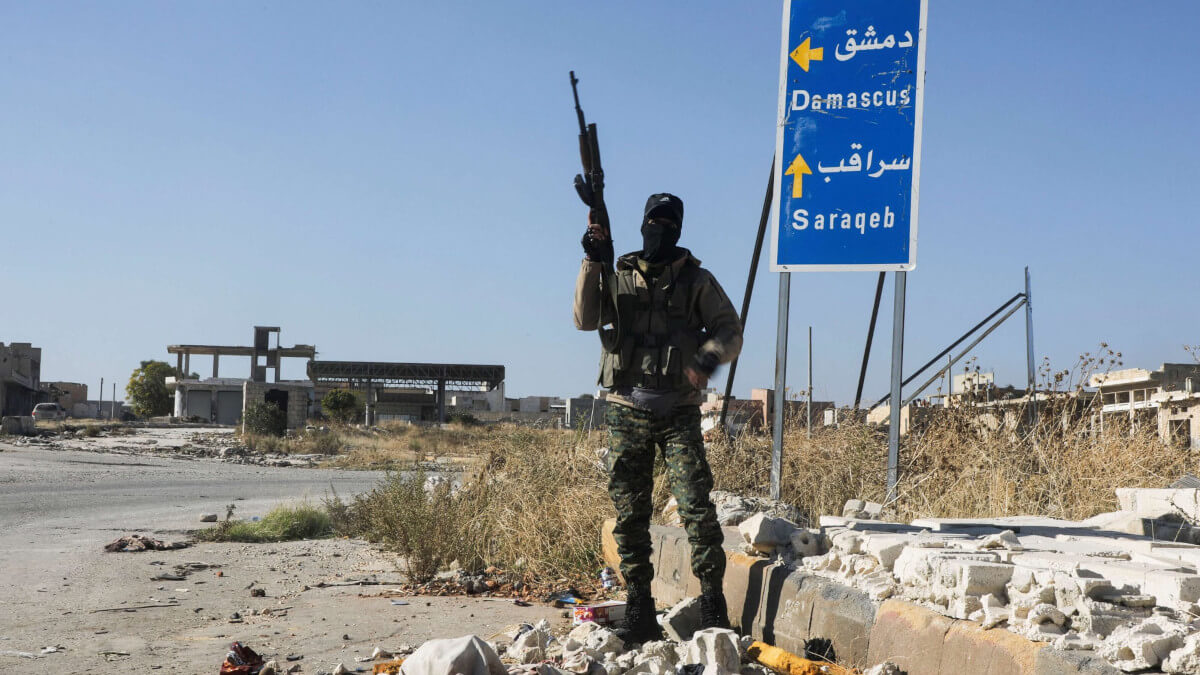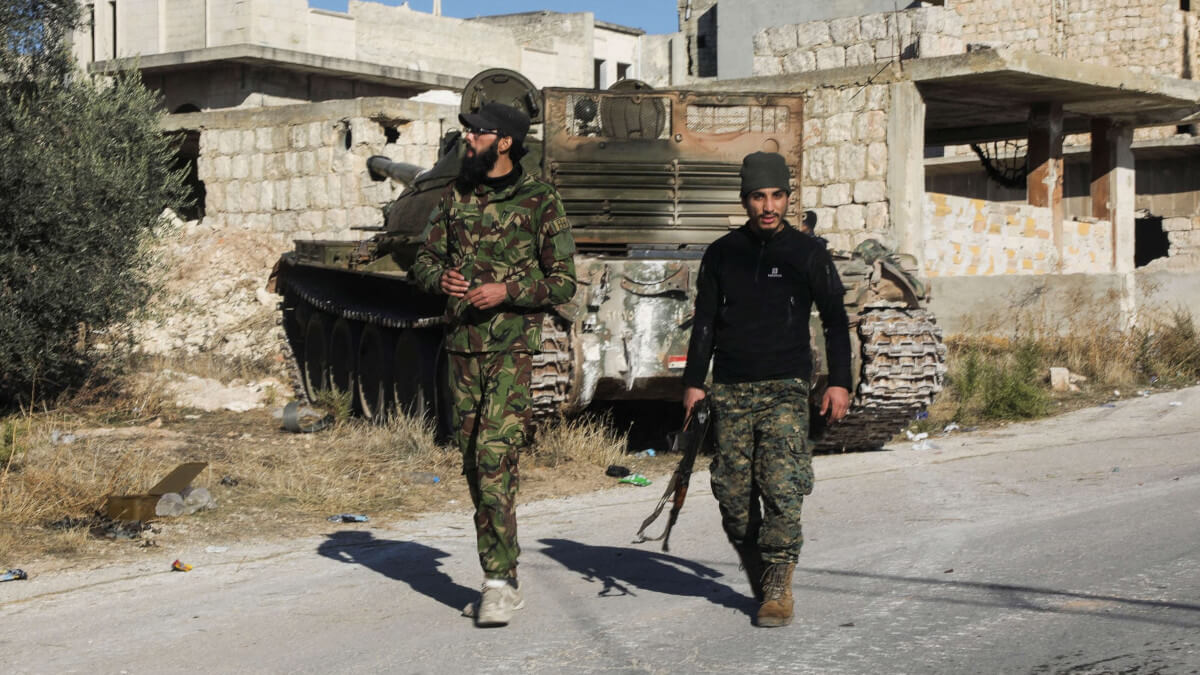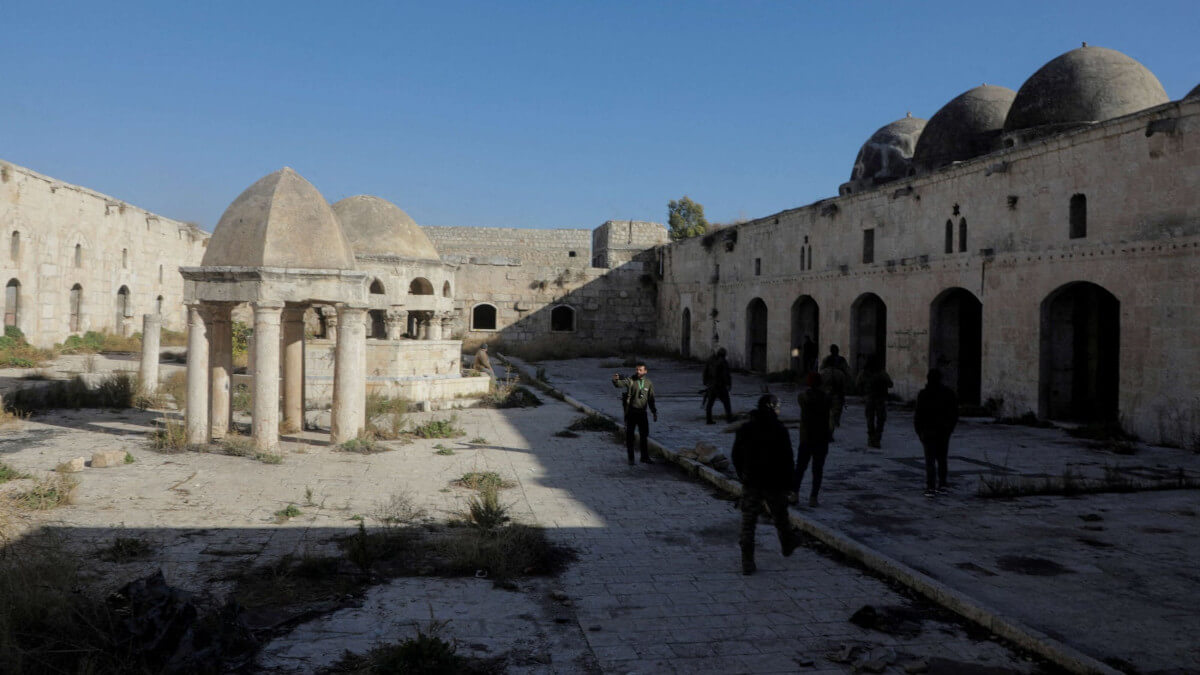Syrian army and Russia attack Aleppo and Idlib after rebel advance

Bashar Al-Assad's army has launched air strikes against several areas in northern Syria in a joint operation with Russia after Islamist rebels seized Aleppo. The Syrian regime has lost full control of the city, the country's most populous, for the first time since the start of the civil war in 2011 after a blitzkrieg offensive led by the Islamist group Hayat Tahrir al Sham (HTS).
Recent air strikes by the Syrian army and Russia have killed 11 civilians, including five children and two women in Idlib, according to the Syrian Observatory for Human Rights (OSDH).

These attacks, according to the organisation, targeted residential neighbourhoods in the city of Idlib and a refugee camp in a rural area. Meanwhile, Russian fighter jets have attacked a hospital in the city centre of Aleppo, killing 12 people, including eight civilians.

President Bashar Al-Assad has vowed to fight back and ‘destroy’ the insurgents, who have reportedly seized key military installations in Aleppo, including the military academy and other military schools in the south.
HTS also claimed to have entered the city of Hama, about 100 kilometres south of Aleppo. Hama, which is of vital importance to the regime, is surrounded by government-controlled areas, so many analysts warn that if Hama falls, the regime is likely to fall.
Recent developments in the country, at war since 2011, mark a critical turning point in the conflict. Most major fighting stopped years ago after the Islamic Republic of Iran and Russia helped the Assad government gain control of most of the territory and all major cities. Meanwhile, HTS-led rebels maintained their hold on Idlib province in northwestern Syria.

HTS, designated as a terrorist group by the US, Russia, Turkey and other countries, split from al-Qaeda in 2016 and is now the most important force within the opposition to Assad. HTS, active around Aleppo and Hama, is led by commander Abu Muhammad Al-Jolani, who formerly led the Nusra Front, al-Qaeda's branch in Syria.
On the other side is the SNA (Syrian National Army), a Turkish-backed and funded organisation of Syrian rebels whose main objective is to fight Kurdish forces north of Aleppo that are part of the SDF (Syrian Democratic Forces), a Kurdish coalition seeking autonomy in the north-eastern region.

Ankara, through the SNA, is preventing the establishment of an autonomous Kurdish region on the other side of its southern border, where it intends to relocate millions of Syrian refugees. It also seeks to extend its own influence throughout the region based on the territories controlled by the Ottoman Empire before its collapse in the early 20th century.
In addition to Turkey, other foreign powers have been using Syria for years to protect their own interests and increase their regional influence. Russia, as well as the Iranian regime - notably through Hezbollah - have also supported al-Assad in order to consolidate their military presence in Syria.

In this regard, Iranian Foreign Minister Abbas Araghchi recently travelled to Damascus to convey Tehran's support for al-Assad and his government.
In addition to Iran, Arab leaders, including Jordan's King Abdullah II and the President of the United Arab Emirates, Sheikh Mohammed bin Zayed Al Nahyan, expressed their solidarity with Damascus.








